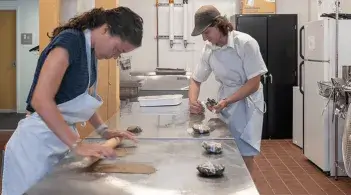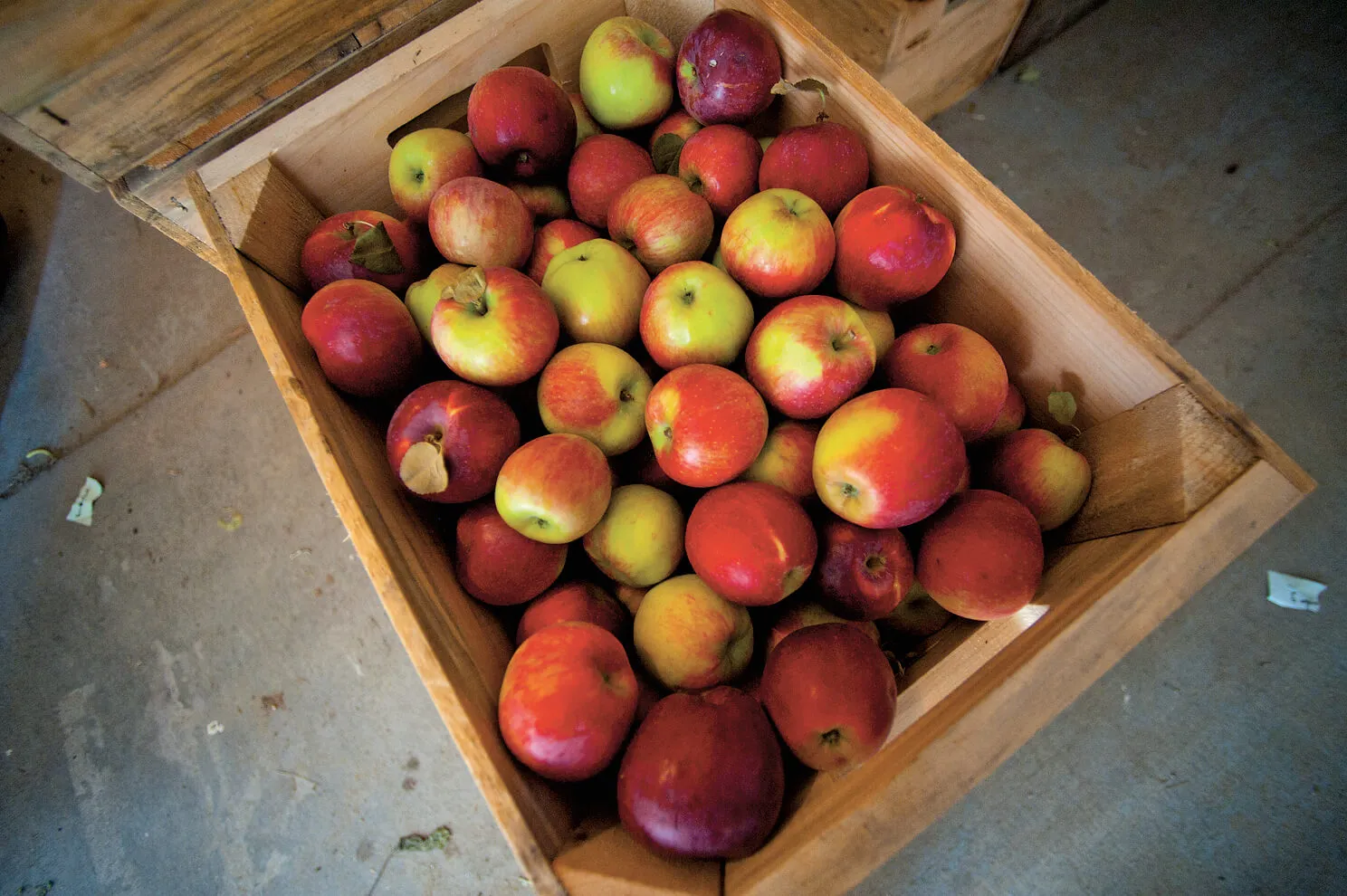Are you passionate about making the food system more sustainable, healthy, and just? So are we.
UVM is a global leader in food systems education, research, and collaboration. We work to develop solutions to global food systems challenges through world-class transdisciplinary research, teaching, and outreach dedicated to improving economic, ecological, and human wellbeing.
UVM is an academic pioneer in food systems, as the first university in the country to offer undergraduate, master’s, and doctoral degrees in Food Systems. UVM’s scale, as a land-grant university in a small state, provides students, staff, and faculty access to both diverse resources and an approachable campus community. This setting sustains relationships that integrate distinct disciplines in the natural and social sciences, as well as the humanities.






